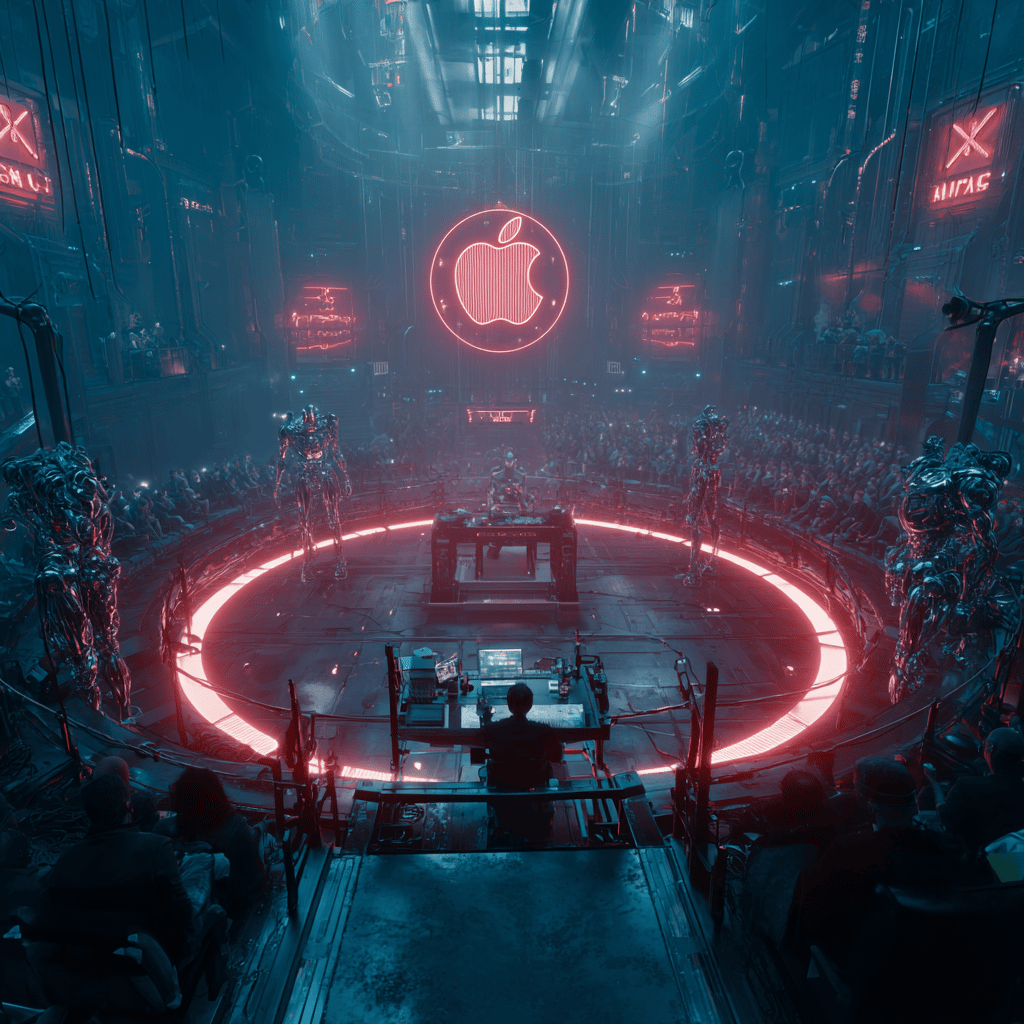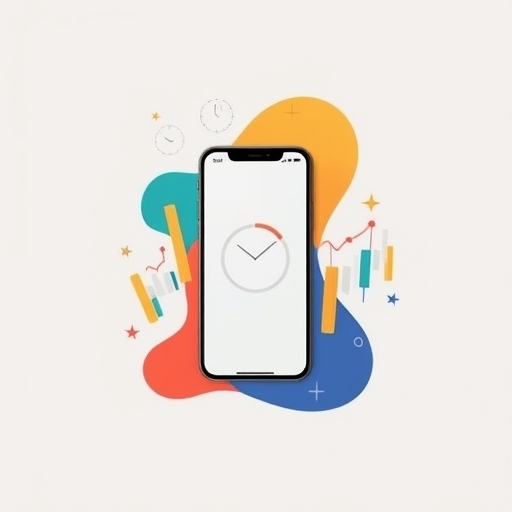Earlier in the month, Elon Musk—the billionaire entrepreneur and current owner of the artificial intelligence startup xAI—used his social media platform X to publicly voice his grievances with Apple. In that post, he announced that he intended to initiate legal proceedings against the technology giant. According to him, Apple was “playing politics” by deliberately refusing to feature Grok, xAI’s flagship AI chatbot, in the Apple App Store’s “Must Have” section, a curated list that prominently highlights recommended applications. Musk argued that this omission was not merely a matter of subjective curation but rather an act that carried substantial consequences for competition in the artificial intelligence sector.
In the same message, Musk elaborated further, claiming that Apple was structuring its marketplace in a way that effectively excluded every AI company except for OpenAI from having a fair opportunity to rise to the top of the App Store’s rankings. Such preferential treatment, he asserted, was a direct violation of established antitrust principles, which are designed to prevent companies from misusing dominance to stifle fair market competition. He concluded his remarks with a forceful declaration: xAI would not delay in responding but would, instead, take immediate legal action to counter what he described as Apple’s anticompetitive strategy.
Only weeks later, Musk’s threat materialized. On Monday, his companies filed a high-profile lawsuit in a U.S. District Court located in Texas. The suit, as reported by CNBC, named both Apple and OpenAI as defendants. The legal document contends that these two major players in technology had conspired together, engaging in what was termed an “anticompetitive scheme.” According to the lawsuit, this alleged collusion was designed to secure their dominance, suppress emerging competitors, and consolidate control over the rapidly expanding artificial intelligence marketplace.
The complaint went into detail, stating that Apple and OpenAI, while ostensibly independent, were in fact working in unison to close off market opportunities for newcomers, leaving little or no room for innovators such as Musk’s own enterprises, X and xAI. The filing characterizes Apple as being motivated by a strong desire to protect what it called its “smartphone monopoly.” In the view of Musk’s legal team, Apple had chosen to ally itself with OpenAI—the company that, in Musk’s words, had the greatest interest in suppressing outside innovation in generative AI. By collaborating in this way, the lawsuit argued, Apple and OpenAI had formed a partnership that effectively restricted competition at a foundational level of the technology ecosystem.
The dispute has not only played out in the courtroom but also erupted in the public sphere. Over the course of the same month, Musk and OpenAI’s chief executive officer, Sam Altman, clashed vocally on X, exchanging barbed remarks that highlighted the depth of their disagreements. Their conflict has spanned not just this particular legal issue but broader debates over the direction and ethics of advanced AI development.
Meanwhile, both Apple and OpenAI have rejected Musk’s depiction of events. Apple, in comments made to Bloomberg, defended its App Store practices. The company insisted that the store was designed intentionally to be transparent, impartial, and free from favoritism toward any specific developer or product. OpenAI, for its part, responded by issuing a statement to Business Insider in which a spokesperson dismissed Musk’s accusations. The company characterized the new lawsuit as simply the latest example in what it described as his continued pattern of harassment.
This developing confrontation highlights a critical fault line in the technology world: the clash between established giants seeking to protect lucrative positions of power and disruptive players determined to break into markets they view as artificially closed. Although it remains to be seen how the courts will ultimately respond to Musk’s allegations, the unfolding battle is already reshaping discussions around competition, monopoly behavior, and the future of innovation in artificial intelligence.
Sourse: https://www.entrepreneur.com/business-news/elon-musks-xai-sues-apple-openai-claims-monopolist-scheme/496315



